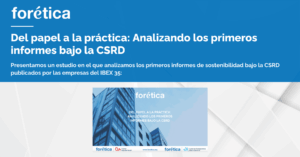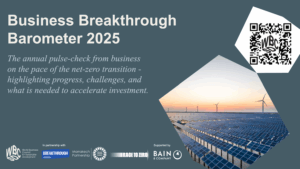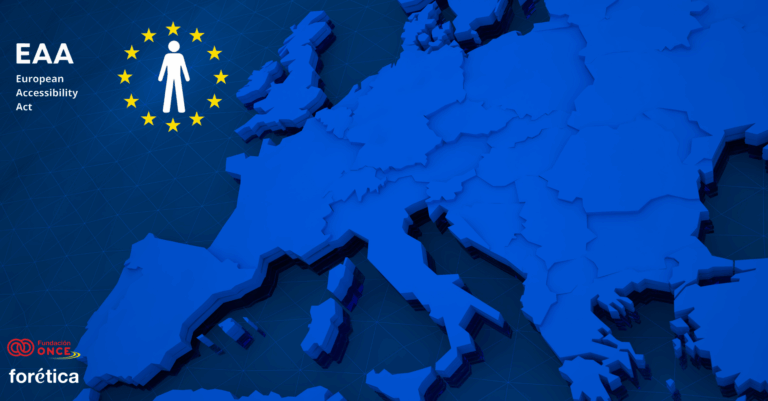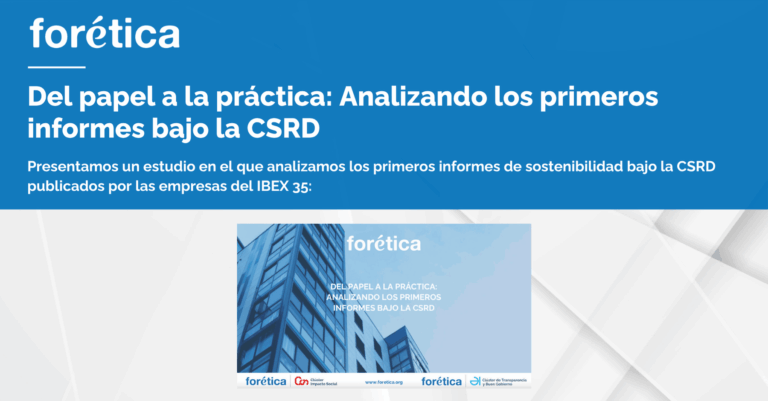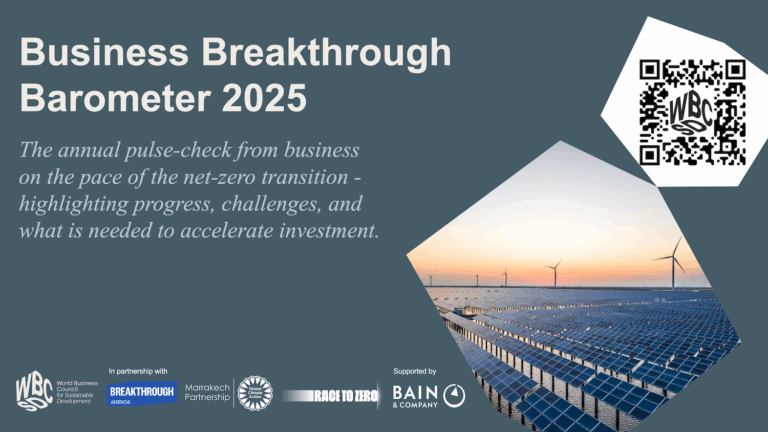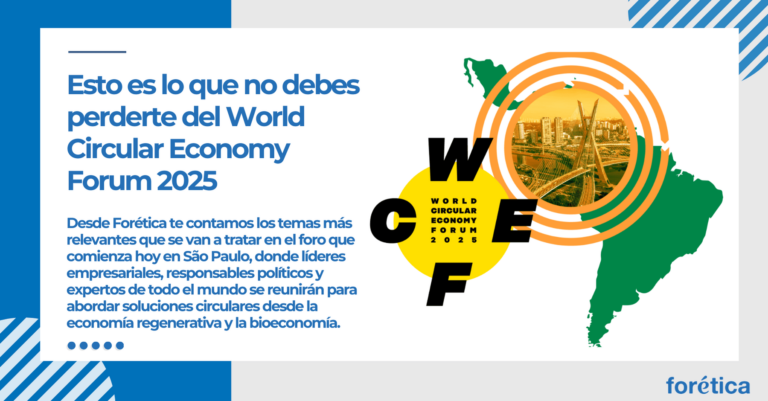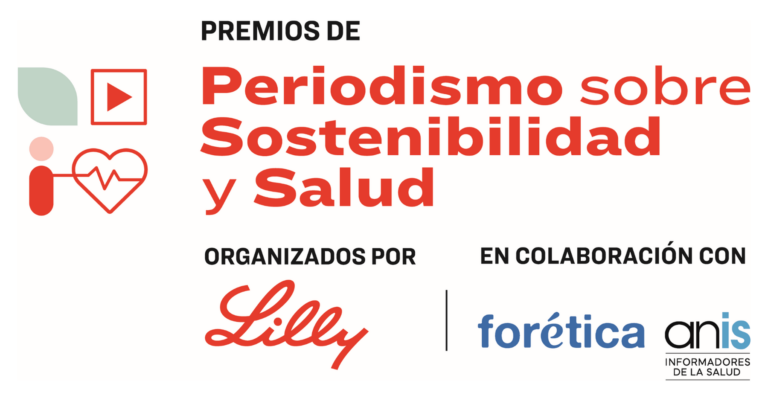Este artículo forma parte de una serie de textos divulgativos que desde Forética se publicarán con el objetivo de profundizar en los aspectos éticos, sociales y ambientales de la transformación tecnológica, dar a conocer los retos y oportunidades que ofrece el futuro del trabajo y analizar cómo las empresas líderes incorporan la tecnología, considerando en sus decisiones criterios éticos y maximizando los impactos positivos, tanto ambientales como sociales. Unos textos que se enmarcan dentro del proyecto Enterprise 2020. Futuro del trabajo
A menudo se habla del potencial disruptivo de las tecnologías. De su capacidad para provocar un cambio y romper con los modelos anteriores. A menudo, también, este potencial no alcanza lo prometido. Pero hay una tecnología que está acaparando miradas por su gran poder de cambio. Un sistema que permite asegurar la trazabilidad de productos y alimentos en todo el mundo y acabar con el fraude bancario. Que promete una gestión eficiente y descentralizada de la energía. O que las máquinas lleguen a firmar contratos legalmente válidos.
El blockchain o tecnología de cadena de bloques nació de la mano del Bitcoin y se ha hecho famoso de la mano de las criptomonedas. Pero cada vez más industrias están experimentando con esta tecnología de almacenamiento, trasmisión y protección de datos. Su aplicación conlleva importantes desafíos, pero las oportunidades que abre para empresas y sociedades son también destacadas.
¿Qué es blockchain?
El primer desafío que presenta la tecnología blockchain es definirla de forma sencilla. Se trata, a grandes rasgos de una base de datos distribuida y descentralizada que sirve para registrar transacciones de cualquier tipo, incluyendo divisas, bienes, propiedades o trabajo. “Blockchain es también una lista interconectada y en expansión de registros almacenados de manera segura en una red peer-to-peer. Cada participante de esta red puede consultar la información, lo que crea confianza en el sistema”, señalan en el informe ‘Building Block(chain)sfor a Better Planet’, elaborado por PwC y el Stanford Woods Institute para World Economic Forum.
En esta cadena de bloques, cada transacción es autenticada y no se pueden hacer cambios sin alterar la base de datos al completo, lo que la hace virtualmente inalterable. La necesidad de consenso entre las dos parte que firman una transacción en el sistema blockchain permite prescindir de un intermediario que autorice la operación. “La tecnología detrás de Bitcoin tiene el poder de reducir costes de intermediarios y revolucionar los procesos opacos, aumentando su eficiencia”, explican en el informe.
Confianza, transparencia, eficiencia: el impacto en la empresa
Lo que empezó a tomar forma hacer relativamente poco alrededor de las criptomonedas (Bitcoin nació en 2009), ha ido conquistando el mundo financiero. Hoy, tiene aplicaciones en cada vez más industrias y entornos empresariales. Tal como señala el informe de PwC el Stanford Woods Institute, el blockchain se define en base a tres aspectos: confianza, transparencia y eficiencia. Y es a través de ellos que esta tecnología está revolucionando la empresa.
De acuerdo con el informe ‘Cerrar el círculo’, de Grupo de Acción Economía Circular de Forética, la tecnología blockchain es clave para la transformación de las empresas hacia la economía circular. “Es una herramienta para transformar los procesos de certificación y la trazabilidad para todo tipo de productos. Este sistema permite hacer un seguimiento de los productos desde el productor al consumidor, sin necesidad de terceras partes y asegurando que no se puedan manipular datos asociados al proceso (aplicable por ejemplo al consumo de energía, la huella de carbono o pérdidas en la cadena de valor, entre otros)”, indica el informe.
Además, para el consultor tecnológico Íñigo Molero, estas características del blockchain, unidas a su trasversalidad, abren la puerta a que esta tecnología revolucione y optimice la responsabilidad social corporativa. No en vano, aspectos como la veracidad, la transparencia, la confianza y la seguridad son comunes al blockchain y a la RSC.
Los desafíos de una tecnología compleja
Desplegar la tecnología blockchain presenta importantes retos económicos y empresariales y, sobre todo, de sostenibilidad. Dado que sus aplicaciones son trasversales, también lo son sus desafíos. El World Economic Forum define los siguientes retos de la tecnología blockchain.
- Desafíos a nivel adopción. La baja confianza del público general en el sistema, sus dificultades de uso y la falta de conocimiento dificultan, de momento, su implantación a gran escala.
- Barreras tecnológicas como las dificultades de escala o sus limitaciones para manejar grandes volúmenes de transacciones.
- Riesgos de ciberseguridad. A pesar de que es una base de datos distribuida y encriptada, todavía tiene algunas vulnerabilidades que resolver (como las que presentan los sistemas de autenticación).
- Desafíos legales y regulatorios. La ausencia de marcos legales es prácticamente total. A esto se le añade la dificultad de desplegar un sistema global en un planeta con multitud de regulaciones nacionales y regionales diferentes.
- Retos energéticos. Uno de los desafíos de los que más se habla últimamente. Los procesos de validación de blockchain requieren gran cantidad de procesos de computación y son muy intensivos en el uso de energía. Solo el sistema de Bitcoin consume, a día de hoy, el 0,35% de la energía global. O lo que es lo mismo: toda la energía que necesita un país pequeño como Austria.
Oportunidades en todos los frentes
La tecnología blockchain tiene el potencial de ayudar a resolver algunos de los grandes desafíos sociales, medioambientales y económicos de nuestro mundo. A nivel oportunidades, estas se dividen, en grandes rasgos, en oportunidades económicas y oportunidades ambientales.
Oportunidades a nivel económico
De acuerdo con el informe ‘Blockchain beyond the hype’ de McKinsey, el principal impacto de esta tecnología (y el más inmediato) a nivel negocio es la reducción de costes. No solo porque permite prescindir del intermediario, sino porque tiene el potencial de generar nuevos modelos de negocio. Además, la propia tecnología permite que las compañías mantengan el control, a pesar de que la base de datos sea descentralizada. Esto facilita su adopción en muchos negocios.
Para McKinsey, el blokchain abre también la oportunidad de crear estándares transversales a las industrias, que generen confianza entre todos los actores; algo muy importante, sobre todo, en aquellas industrias con cadenas de suministro complejas (como la automoción o la aeronáutica).
Por otro lado, tal como refleja el paper ‘Blockchain challenges and opportunities’, la tecnología blockchain es clave para el desarrollo del internet de las cosas (IoT) ya que facilita la colaboración y los contratos entre máquinas sin intervención humana y de forma segura. Por último, también conlleva oportunidades para que las empresas aseguren la privacidad de los datos y reduzcan los ciber riesgos.
Oportunidades medioambientales
Las empresas no solo tienen ante sí oportunidades de negocio, sino que esta tecnología abre también ventanas a un mayor compromiso social y a tener un impacto positivo en el medio ambiente. Según el informe ‘Building Block(chain)s for a Better Planet’, estas son las principales oportunidades empresariales para mejorar la situación del planeta en su conjunto.
- Cadenas de suministro completamente transparentes que permitan la trazabilidad de producto desde el origen. Esto sentaría las bases para una producción más sostenible.
- Gestión descentralizada de los recursos, lo que permite la toma de decisiones más eficientes y procesos más flexibles y dinámicos.
- Nuevas fuentes de acceso a financiación para sufragar los gastos de proyectos medioambientales.
- Potenciación de la economía circular, permitiendo el seguimiento de recursos y materiales a lo largo de todo el ciclo de vida de los productos.
- Transformación de los mercados energéticos mediante la gestión descentralizada y localizada de la energía.
Los casos de uso que ya son reales
La tecnología blockchain está todavía dando sus primeros pasos y tiene ante sí importantes desafíos. Sin embargo, un número importante de empresas están apostando por ella para revolucionar diferentes industrias. Por ejemplo, desde principios de 2018, IBM y el gigante del transporte marítimo Maersk están aplicando un sistema de gestión de la cadena de suministro basado en blockchain. Esto les permite mantener toda la información de los contenedores de mercancías en una base de datos segura, descentralizada y disponible para todos los actores implicados, como clientes o autoridades aduaneras.
En España también hay casos. Alastria es una red nacional de blockchain promovida por empresas e instituciones. Su objetivo es establecer una infraestructura semipública de esta tecnología, de acorde con la regulación europea, que permita a todo tipo de empresas acceder a las oportunidades que brinda el blockchain.
Desde Forética, en el marco de nuestro proyecto Enterprise 2020, estamos recopilando las mejores soluciones empresariales que aplican la tecnología para resolver retos de sostenibilidad. Así, tecnología como el blockchain se aplica para dar respuesta a retos como el intercambio de información, la optimización de las cadenas de suministro, o el cumplimiento normativo.

Artículo con la colaboración de Juan F. Samaniego
Equipo de Enterprise 2020. Futuro del Trabajo:
- Germán Granda, Director General de Forética
- Raquel Canales, Project Manager de Forética
- Nuria Combrado, Responsable de Comunicación de Forética
- Ricardo Trujillo, Senior Manager de Forética



